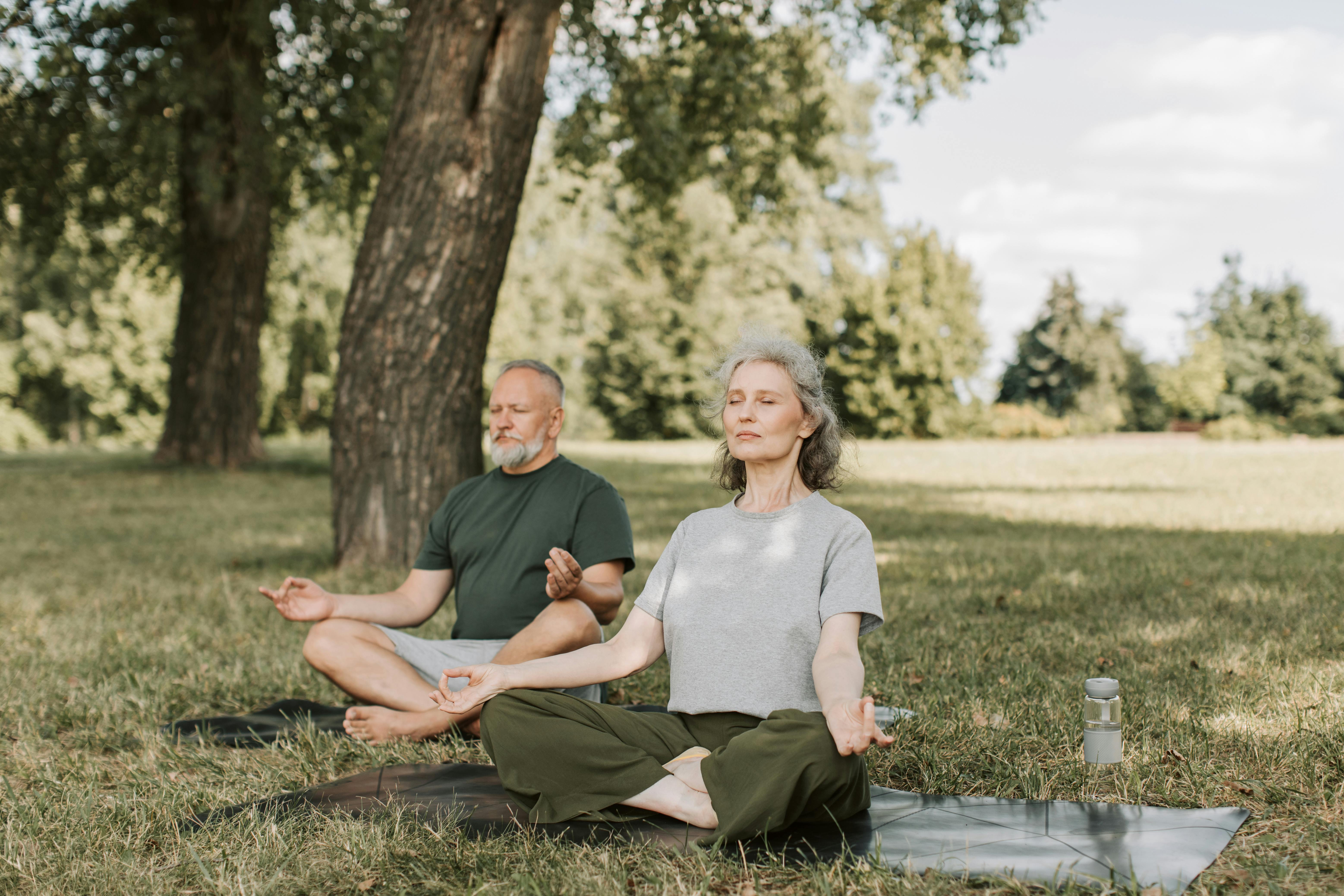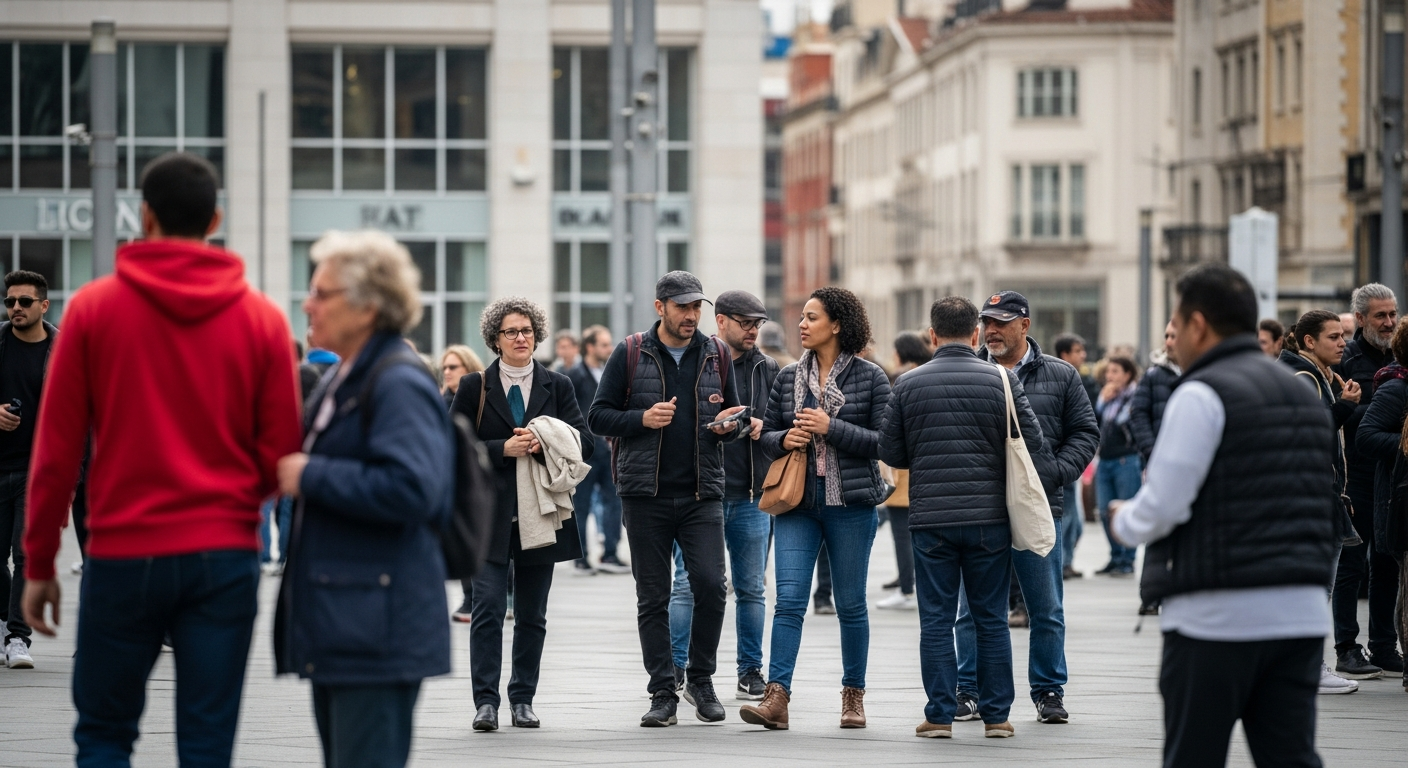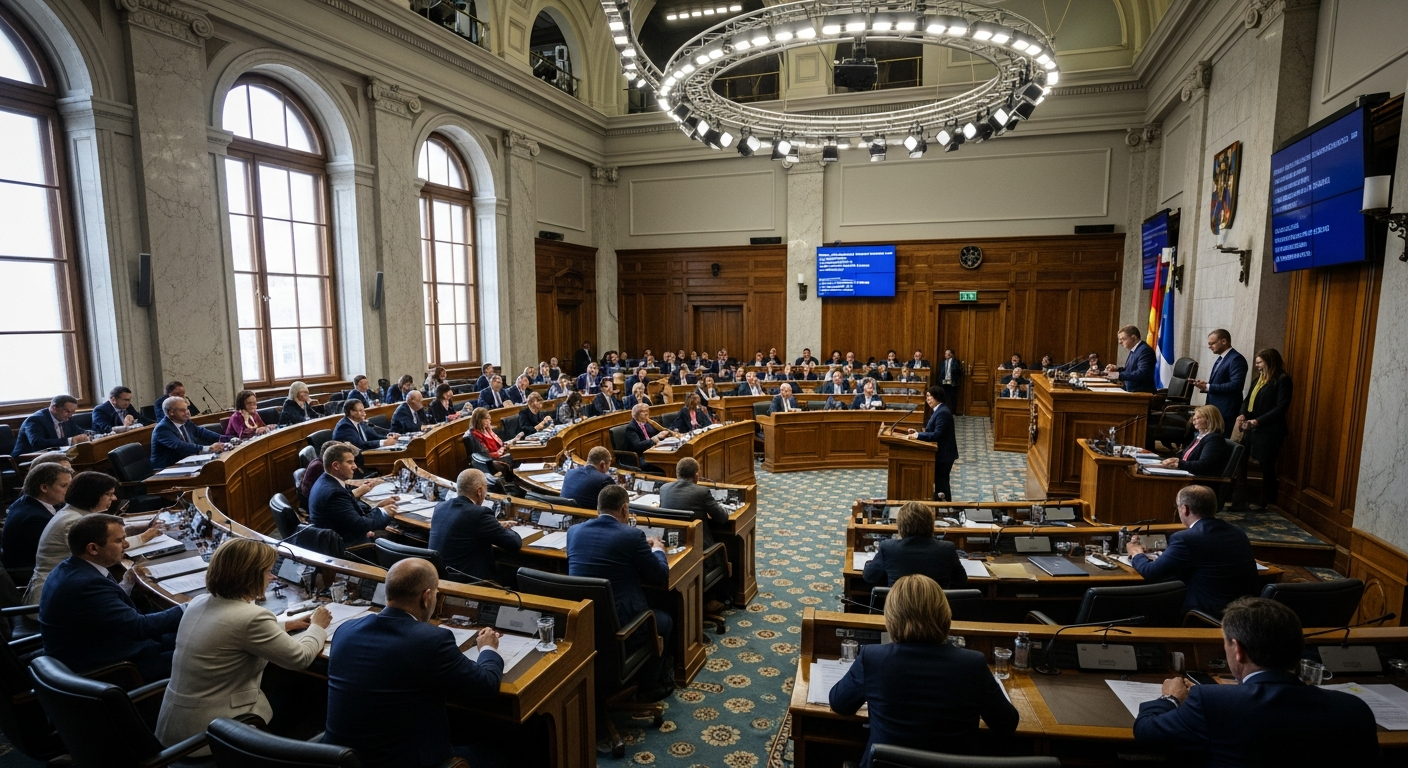The Emergence of Slow Living: A Societal Shift Towards Mindfulness
In the fast-paced world of the 21st century, a counter-movement is quietly gaining momentum. It's called slow living, a lifestyle choice that encourages a more mindful, deliberate pace of life. Read below to delve into the roots of this movement, its societal implications, and how it's shaping our modern world.

The Roots of Slow Living
The slow living movement traces its origins back to the 1980s, when Carlo Petrini protested against the opening of a McDonald’s near the Spanish Steps in Rome. This sparked the Slow Food movement, which later expanded into the broader philosophy of slow living. The movement advocates for a cultural shift towards slowing down life’s pace, focusing on quality over quantity, and taking the time to enjoy life’s simple pleasures.
The Societal Shift Towards Slow Living
In recent years, the slow living movement has gained significant traction. This shift can be attributed to various factors, including the increasing pace of life, the prevalence of burnout, and the desire for a more sustainable lifestyle. As people become more aware of the negative impacts of a fast-paced lifestyle on their mental and physical health, they are turning to slow living as a solution.
The Impact of Slow Living on Modern Society
The slow living movement has far-reaching implications for modern society. It challenges the dominant societal narrative that equates busyness with productivity and success. By promoting mindfulness, slow living encourages individuals to reassess their priorities and redefine their notions of success. This shift in mindset can lead to improved mental health, stronger relationships, and a greater appreciation for life’s simple pleasures.
The Future of Slow Living
As society continues to grapple with the challenges of modern life, the slow living movement is likely to gain further momentum. While it may not be a panacea for all societal ills, it offers a compelling alternative to the relentless pace of modern life. By encouraging individuals to slow down, it promotes a more mindful, sustainable, and fulfilling way of life.
Conclusion
The slow living movement represents a significant cultural shift towards a more mindful, deliberate pace of life. As more people embrace this lifestyle, it has the potential to reshape our societal norms and values. While the future of slow living remains uncertain, its growing popularity suggests that it will continue to play a significant role in shaping our modern world.






